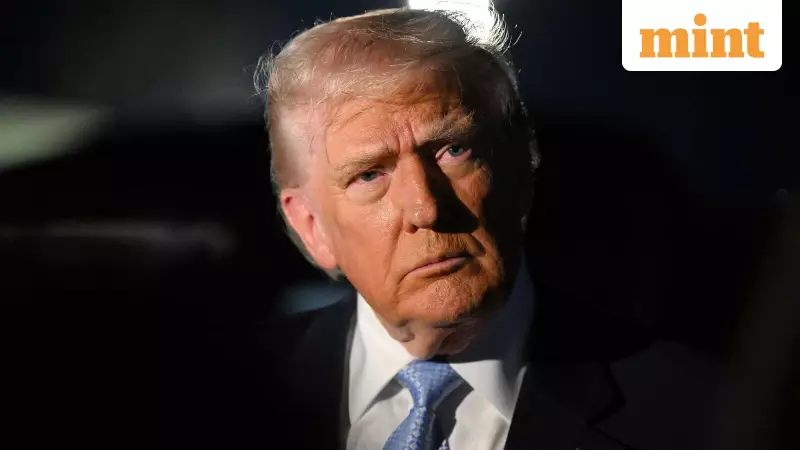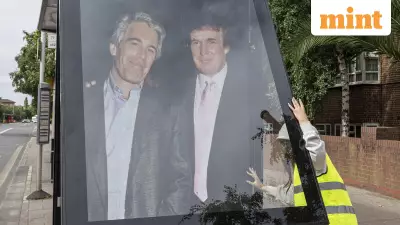
In a significant policy move that underscores how domestic politics shapes international trade decisions, former US President Donald Trump has lifted reciprocal import duties on several grocery items. This decision, announced last week, affects various products including coffee, spices, fruits, and juices - goods that the United States cannot easily substitute with domestic production.
The Political Calculus Behind Tariff Relief
The tariff rollback clearly demonstrates the Trump administration's sensitivity to inflation concerns within an American political context. The levies on these imported items had been driving up retail prices, causing dissatisfaction among American consumers. With retail inflation currently hovering around 3% - a full percentage point above the Federal Reserve's target - the White House appears to be taking proactive measures to address cost-of-living issues.
Although Trump cannot run for another presidential term, the decision suggests he remains mindful of how price increases could damage his popularity and broader trade agenda. The move is particularly noteworthy given that inflation had peaked around 8% during Joe Biden's presidency in 2022, a factor that contributed to Trump's electoral victory in 2024.
Limited Benefits for Indian Exporters
While Indian exporters of tea and spices have reason to welcome these changes, the broader impact on Indian trade remains limited. Most Indian exporters continue to struggle under Trump's 50% India-specific tariffs, with their hopes primarily resting on a comprehensive bilateral trade deal for meaningful relief.
The composition and scale of India's export basket to the United States means it has limited leverage to influence general price levels in America through trade negotiations alone. However, the demonstrated sensitivity to inflation in US policy calculations does open new strategic possibilities for Indian negotiators.
Social Security Agreement: A Potential Win-Win
India is reportedly seeking a social security agreement with the United States similar to the pact it recently signed with the United Kingdom. Under current US rules, Indian professionals on H-1B visas and other temporary work permits must contribute to the social security system. However, if they leave before completing ten years of continuous contributions, they become ineligible for healthcare and retirement benefits.
This arrangement effectively turns their social security payments into a tax, since most temporary workers don't stay long enough to qualify for benefits. The UK agreement allows Indian employees working in Britain - and British workers in India - to contribute only to their home country's social security system for the first three years of employment.
Interestingly, this proposal might find unexpected political support in Washington. The growing anti-immigration sentiment among Trump's MAGA base has created vocal opposition to H-1B visa holders. Making it easier for temporary workers to leave by reducing their social security burden could align with this political sentiment while addressing a genuine concern for Indian professionals.
The timing may be opportune for such negotiations. As the US administration has shown its willingness to adjust trade policies for domestic political considerations, India could leverage this opening to push for more favorable terms for its citizens working in America. While social security is technically not a quid-pro-quo system, the perception of being overtaxed resonates with many Indian professionals in the US, making this a potentially popular reform.





